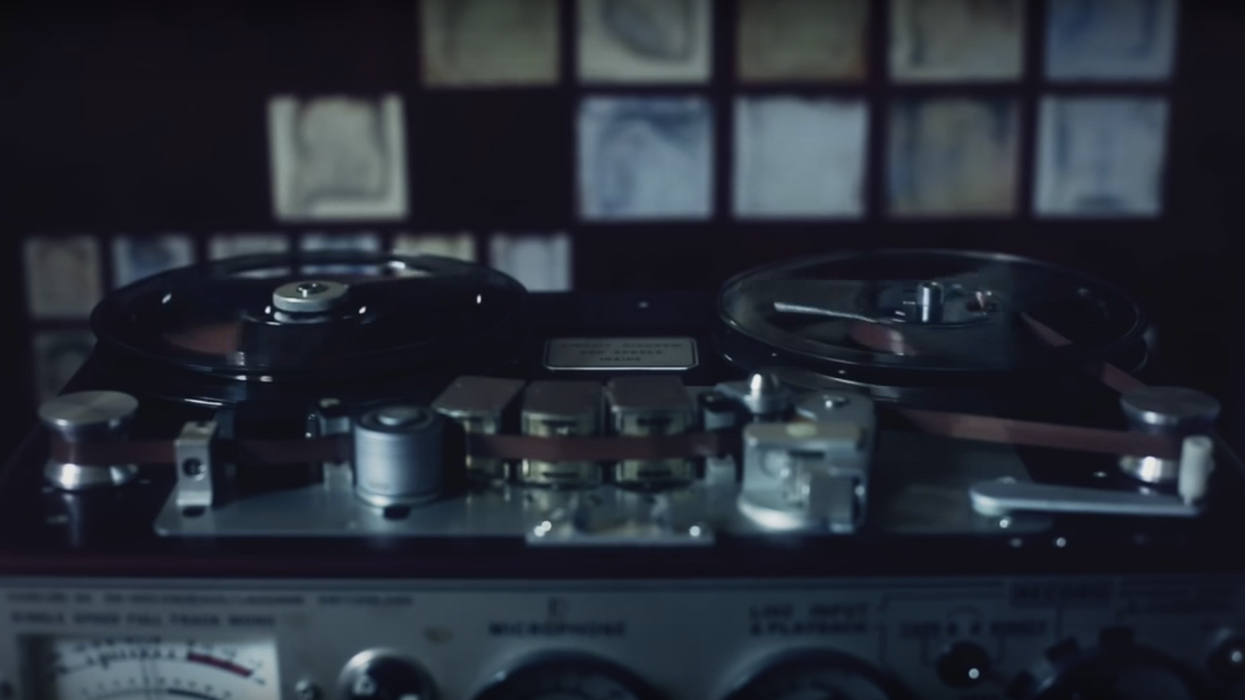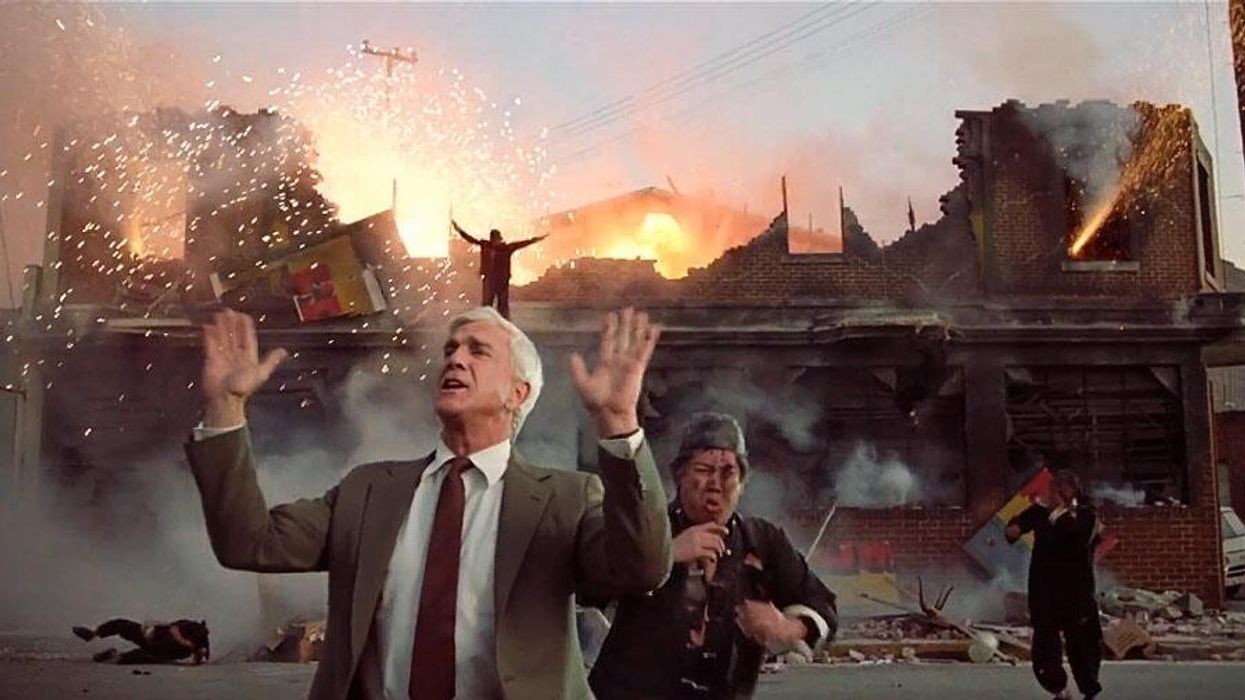Exploring the Mighty Storytelling Power of Editing
Editing assembles much more than clips on a timeline, it assembles information, stories, and most importantly, emotions.

How does a filmmaker tell a story? Of course it starts with a script, which is then translated into pictures by a director and cinematographer, but when all is said and done, the editor has the daunting task of turning that raw filmic material into a visual story. In this fantastic video essay, Lewis Bond of Channel Criswell delves into the history and modern practice of editing, and how it grew from an entertaining special effects technique into the very lifeblood of cinematic storytelling.
There is a lot to digest in Bond's video, from the history of editing to its philosophy to practical approaches to the medium. However, I think the most helpful concept he talks about is the idea of edits being "connectives" in the language of cinema—but let's start from the beginning.
Every image speaks. Look at any photograph, painting, or film with the sound turned off and soon you'll realize that the colors, framing, the sizes and shapes of different objects communicate certain things to you, and because they communicate, each of these things represent a "word" in the cinematic language. Having an understanding of this language is what is called visual literacy, which is such an important area of filmmaking to master that Martin Scorsese himself wrote an essay about it.
So, you've got your script, which has a verbal/written language, then you've got the image (cinematography), which has a cinematic language—then what kind of language does editing have?
It too speaks the cinematic language, but according to Bond, edits act as what he calls "connectives". Let's explain it this way: if cuts represented words like other filmic structures (camera movements, colors, shot sizes, etc.), they'd be words like "therefore", "although", "until", "and then", "because of this", and so on. So, say you've got a scene in which a bank robber makes off with a million dollars and is relishing in his ill-gotten wealth, a cut to a shot of a hard-boiled detective pulling up outside his hideout would be a "until" edit—make sense? Here's an example:"Johnny was super happy he got away with taking the bank for a cool million, until...Detective Harvey Fedora pulled up." It's a really helpful way to think about transitions, especially if you're struggling with choosing which shot or scene to put on the timeline next.
What were some takeaways from the video that you found particularly helpful? Let us know in the comments below.
Source: Channel Criswell











